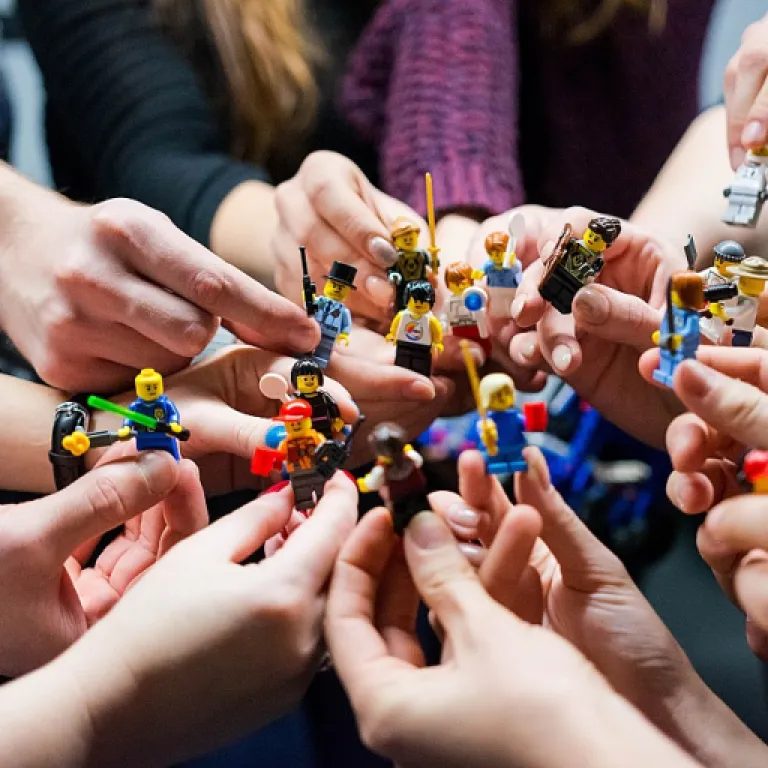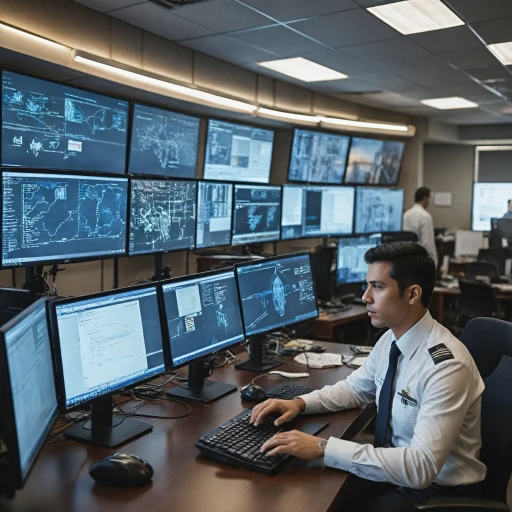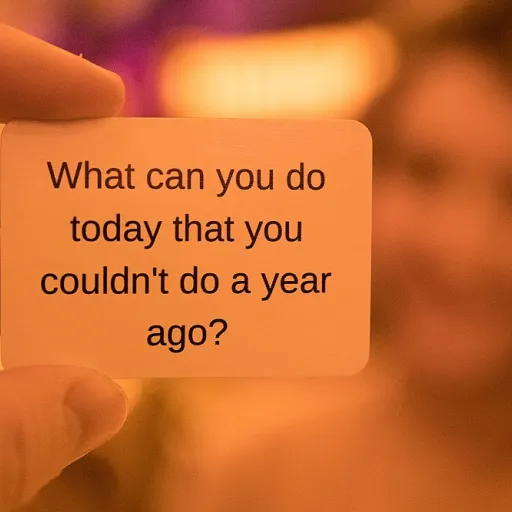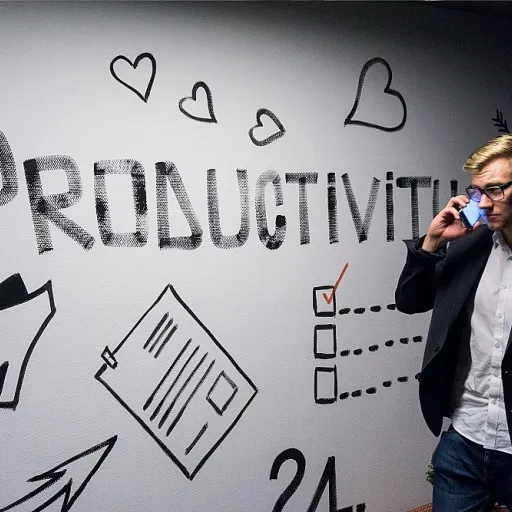
Understanding the unique demands of c-suite interviews
What Sets C-Suite Interviews Apart
Stepping into a C-suite interview is a different experience compared to other job interviews. The stakes are higher, the questions are more nuanced, and the expectations for executive skills are elevated. At this level, interviewers are not just looking for technical expertise or a polished resume. They want to see how you align with the company’s vision, how you think strategically, and how you will lead through uncertainty.
Executive interview coaching services help candidates prepare for these unique demands. Coaches work with clients to refine their interview skills, focusing on the ability to communicate vision, handle complex interview questions, and demonstrate leadership presence. Through mock interviews and targeted feedback, executives learn to anticipate the types of questions that probe not just experience, but also judgment, adaptability, and strategic alignment.
- Preparation: Executive interview preparation goes beyond resume writing and basic interview tips. It involves deep dives into company strategy, industry trends, and leadership challenges.
- Skills Assessment: Interview coaches help executives identify and articulate their unique value proposition, ensuring their personal brand resonates with the organization’s needs.
- Mock Interviews: Practicing with an interview coach allows for real-time feedback and helps build confidence in handling high-level interview questions.
For those aiming for the top, leveraging coaching services is not just about landing the job. It’s about learning to communicate at the level expected of a C-suite leader. This preparation is a crucial step in the broader journey of executive career development and strategic leadership. For more on the essential qualities that define effective leadership at this level, see this guide to key leadership traits.
Aligning personal brand with company strategy
Personal Brand as a Strategic Asset
At the executive level, interviews are no longer just about answering job interview questions or presenting a polished resume. They are about demonstrating how your personal brand aligns with the company’s long-term strategy. Executive interview coaching helps leaders articulate their unique value proposition, ensuring that their skills, experience, and vision resonate with the organization’s goals.
Coaches work with clients to refine their messaging, drawing on mock interviews, resume review, and targeted interview preparation. This process is not just about interview skills—it’s about positioning yourself as a strategic partner who can drive transformation. Career coaching and executive coaching services provide tailored feedback, helping executives learn how to connect their personal brand with the company’s mission and values.
- Interview coaching services help executives identify and communicate their core strengths.
- Mock interviews and resume writing sessions highlight how past achievements support future company objectives.
- Career coaches guide clients in aligning their leadership style with the evolving needs of the business.
Interview coaches emphasize the importance of preparation. High level executives must be ready to discuss how their career journey and skills will help the company achieve its strategic vision. This level of preparation goes beyond standard job search tactics, focusing instead on how to integrate personal leadership with organizational priorities.
For those seeking to deepen this alignment, resources like how procurement white papers can shape strategic decisions in the c-suite offer valuable insights into connecting individual expertise with broader business objectives.
Navigating challenging questions with strategic clarity
Mastering Strategic Responses in High-Stakes Interviews
Executive interview coaching is not just about rehearsing answers. At the c-suite level, every job interview is a test of strategic clarity. The questions you face are designed to probe your ability to think on your feet, align with company strategy, and demonstrate the leadership skills that set you apart. Mock interviews and targeted coaching services help executives anticipate the most challenging interview questions. Through these sessions, clients learn to frame their responses with both authenticity and strategic intent. This preparation is essential for building confidence and ensuring your answers reflect the depth of your experience and your understanding of the business landscape.- Preparation is key: Interview coaches guide you through scenario-based questions that require more than a resume review. They help you connect your past achievements to future company goals, making your answers relevant and impactful.
- Strategic storytelling: Executive interview coaching teaches you to use real examples from your career to illustrate how you solve problems, lead teams, and drive results. This approach builds credibility and trust with the interview panel.
- Handling curveballs: High-level interviews often include unexpected or complex questions. With the help of a coach, you develop the skills to stay composed and deliver thoughtful, strategic responses, even under pressure.
Building trust and credibility through communication
Communicating with Authenticity and Authority
In high level executive interviews, the ability to communicate with both authenticity and authority is a defining factor for building trust and credibility. Interview coaching services help executives refine their communication skills, ensuring that every response in a job interview is clear, concise, and aligned with the company’s strategy. Through mock interviews and targeted feedback, executives learn to articulate their vision and values in a way that resonates with board members, stakeholders, and future teams.Demonstrating Consistency Between Resume and Real-Time Performance
A strong resume or CV is only the starting point. During the interview, consistency between what’s on paper and how you present yourself in real time is critical. Executive interview coaches guide clients to bridge this gap, using mock interview sessions and resume reviews to highlight strengths and address potential gaps. This preparation helps executives answer tough interview questions with confidence and integrity, reinforcing their credibility.- Practice with real-world scenarios to develop interview skills that reflect genuine leadership
- Receive actionable feedback to refine communication style and substance
- Align verbal and non-verbal cues for maximum impact during interviews
Building Trust Through Transparency and Listening
Trust is not just about what you say, but how you listen and respond. Executive interview coaching emphasizes active listening and thoughtful responses, which are essential for building rapport in high-stakes interviews. Coaches help executives learn to address challenging questions honestly, while also demonstrating openness to feedback and new ideas. This approach not only helps in the job search, but also sets the tone for ongoing leadership credibility.Translating Interview Preparation into Everyday Leadership
The skills developed through executive interview preparation—clear communication, transparency, and adaptability—extend far beyond the interview room. Executives who invest time in coaching services often find these skills enhance their daily leadership, supporting stronger relationships with teams and stakeholders. By consistently demonstrating these qualities, leaders reinforce their authority and trustworthiness at every level of the organization.Leveraging feedback for continuous improvement
Turning Feedback into a Strategic Asset
Executive interview coaching is not just about rehearsing answers or refining a resume. One of its most valuable aspects is how it helps leaders use feedback as a catalyst for growth. In high level interviews, feedback from mock interviews, interview coaches, and even resume reviews can reveal blind spots and strengths that might otherwise go unnoticed. Feedback in the context of executive interview preparation is different from standard job interview advice. It is tailored to the unique demands of the c-suite, where every word and gesture can influence perceptions of credibility and authority. Coaches help clients interpret feedback not as criticism, but as actionable insights for improvement. This mindset shift is crucial for leaders who want to continuously evolve their interview skills and overall leadership presence.- Mock interviews: These sessions simulate real interview questions and scenarios, allowing executives to practice under pressure and receive immediate, targeted feedback.
- Resume review: Executive coaches provide detailed, high level feedback on resumes, ensuring alignment with both the job requirements and the leader’s personal brand.
- Communication skills: Feedback often highlights areas for improvement in storytelling, clarity, and strategic messaging, which are essential for building trust in interviews and beyond.
Integrating interview insights into daily leadership
Turning Interview Lessons into Everyday Leadership
Executive interview coaching is not just about landing the next job or acing a high level interview. The real value comes when leaders take the insights gained from interview preparation, mock interviews, and resume review and apply them to their daily work. This integration helps executives continuously evolve and align with both their personal brand and the company’s strategy.
- Sharpening Communication: The communication skills honed during interview coaching—such as answering tough interview questions with clarity and confidence—translate directly to board meetings, team briefings, and stakeholder updates. Executives who practice with an interview coach or through mock interviews often find they communicate with more impact and credibility.
- Building Trust Through Transparency: The trust-building techniques learned in coaching sessions, like active listening and concise storytelling, help executives foster stronger relationships with their teams and peers. These skills are critical for gaining buy-in and driving strategic initiatives forward.
- Continuous Feedback Loop: Interview coaches and career coaches provide actionable feedback during mock interviews and resume writing sessions. Executives who embrace this feedback culture in their daily leadership are more open to learning and adapting, which is essential for long-term success.
- Strategic Self-Reflection: The self-awareness developed during executive interview preparation—reviewing one’s career trajectory, resume, and leadership style—encourages leaders to regularly assess their performance and align their actions with organizational goals.
Executives who work with coaching services or engage in ongoing career coaching learn that the job interview is just one step in a broader journey. The skills, preparation, and insights gained from these experiences help leaders navigate complex challenges, inspire their teams, and deliver results at the highest level. By making interview coaching a continuous part of their leadership development, c-suite leaders ensure they remain agile, credible, and effective in a rapidly changing business environment.













